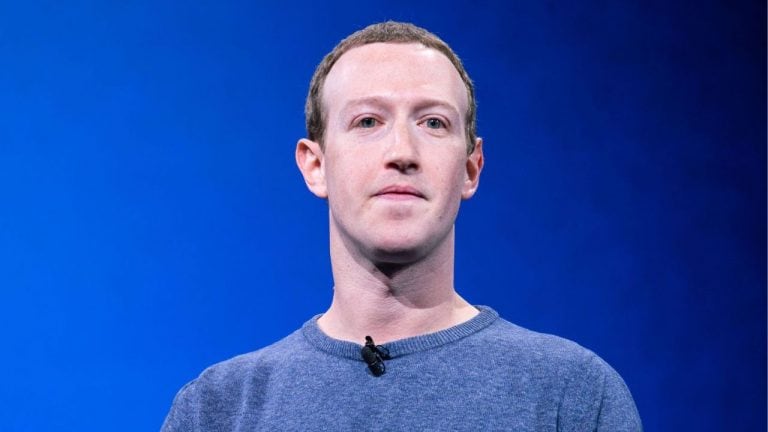
Meta CEO Mark Zuckerberg took the witness stand on April 14 to defend his company against allegations from the Federal Trade Commission that it acquired rival social media platforms to establish a market monopoly. Zuckerberg is expected to testify over two days, focusing on justifying Meta’s high-profile acquisitions of Instagram and WhatsApp.
The stakes in this case are particularly high. A victory for the FTC could force Meta to divest Instagram and WhatsApp— an outcome that would not only disrupt its digital advertising operations but also significantly alter the social media landscape.
FTC attorney Daniel Matheson reportedly called Mark Zuckerberg as the first witness in the trial, aiming to demonstrate that Meta acquired Instagram and WhatsApp to maintain its monopoly in the social networking market.
During opening statements, Matheson argued that Meta leveraged its dominant position to secure massive profits, even as user satisfaction declined. He accused the company of “erecting a moat” by acquiring Instagram and WhatsApp to protect its market dominance, as reported by AP.
During the proceedings, he highlighted a message Zuckerberg had sent to colleagues, expressing frustration over the company’s slow progress in building a photo-sharing app to rival Instagram.
“The way I read this message is that I’m not happy about how we’re executing on that project,” Zuckerberg said.
Matheson pressed further, asking if Zuckerberg’s frustration stemmed from Instagram’s rapid growth. In his response, Zuckerberg pointed out that he is always urging his teams to do better. “That does seem to be what I’m highlighting,” he said.
Upon being questioned about the rapid growth of Instagram, he shared, “I don’t have the full timeline of Instagram’s development in my head…you could probably get that better from somebody else.”
Matheson also brought up comments suggesting Meta planned to keep Instagram operational but shift its focus to Facebook while limiting investment in Instagram. Zuckerberg pushed back on that interpretation, saying he wouldn’t describe it as a plan and denied the notion that Instagram was sidelined.
“In practice, we ended up investing a ton in it after we acquired it,” Zuckerberg added.
One of Meta’s attorneys, Mark Hansen, dismissed the FTC’s case as a “grab bag” of flawed arguments. He contended that Meta faces plenty of competition and has actually improved the startups it acquired. “This lawsuit, in summary, is misguided…anyway you look at it, consumers have been the big winners.”
At the center of the case are two pivotal acquisitions: Instagram, purchased in 2012 for $1 billion in cash and stock, and WhatsApp, acquired two years later for $22 billion. Both services, initially independent startups, now serve as pillars of Meta’s vast digital empire. The FTC argues that the deals were part of a broader strategy articulated by CEO Mark Zuckerberg in 2008: “It is better to buy than compete.”
Meta has fiercely contested the US government’s case. In a recent statement, the company described the lawsuit as ‘detached from reality,’ insisting that Instagram, WhatsApp, and Facebook face stiff competition from an array of modern platforms. The company also warned that the FTC’s actions undermine confidence in the regulatory process, noting that its acquisitions were reviewed and approved more than a decade ago.
The company added, “Regulators should be supporting American innovation, not weakening it to the benefit of foreign rivals, especially in areas as vital as artificial intelligence.” In filings last week, Meta emphasized that the FTC must prove the company currently holds monopoly power, not merely that it did at the time of the acquisition.”
Meta’s future now rests in the hands of U.S. District Judge James Boasberg, who rejected the company’s request for summary judgment late last year, clearing the way for the case to proceed to trial.
This post was originally published on this site be sure to check out more of their content







